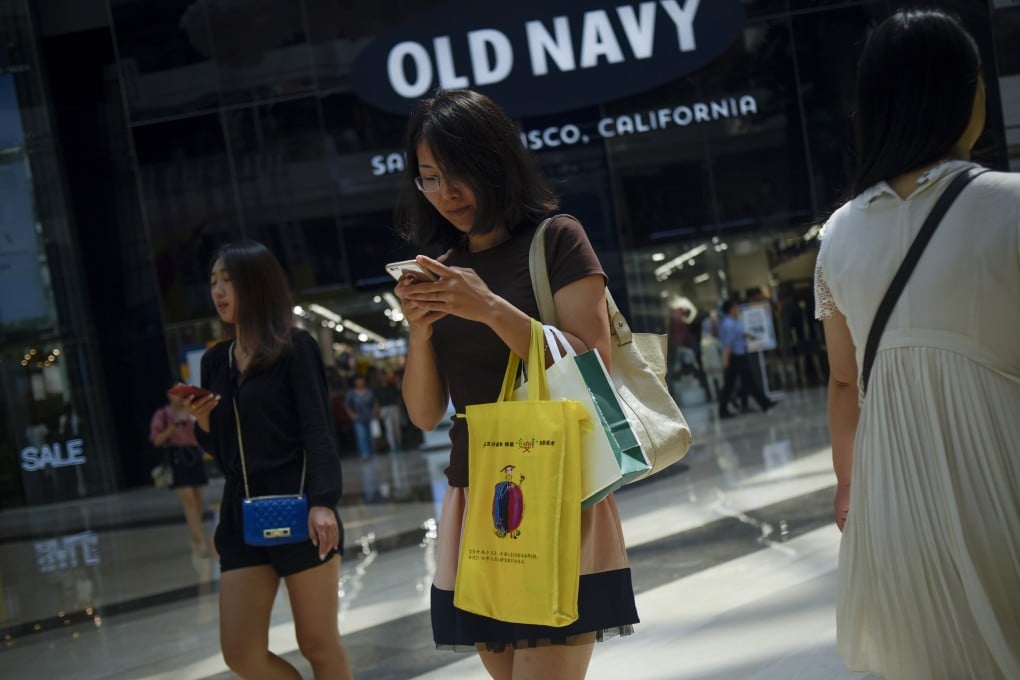China’s millennials embrace local brands as fast fashion giants like H&M face changing tastes
- National pride and scepticism about fast fashion is fuelling a growing appetite among young Chinese to buy domestic brands
- Chinese labels are big winners from the trend, while international firms like H&M are finding themselves on the wrong side of it

Urban Outfitters said on its official Weibo account, China’s Twitter-like social media site, that its departure was due to “the adjustment of the brand’s global strategy” and the withdrawal was temporary.
Its decision to leave comes against a backdrop of changing consumer preferences in China, one which reflects that the average Chinese consumer – especially in large cities – is asking more questions about the need for cheap, trendy and disposable garments, according to analysts.

02:38
Global brands face backlash in China for rejecting Xinjiang cotton
“We are slowly seeing that [change in] consciousness – I’d like that product, but how often am I going to wear it?” said Yanie Durocher, founder of Shanghai-based POMPOM Creative Agency, which focuses on fashion and lifestyle brands in China.
“Of course impulse buying is still a huge thing because of e-commerce. But we are starting to see this trend, from the average consumer making 5,000 yuan (US$773) a month, all the way to whatever income level.”
